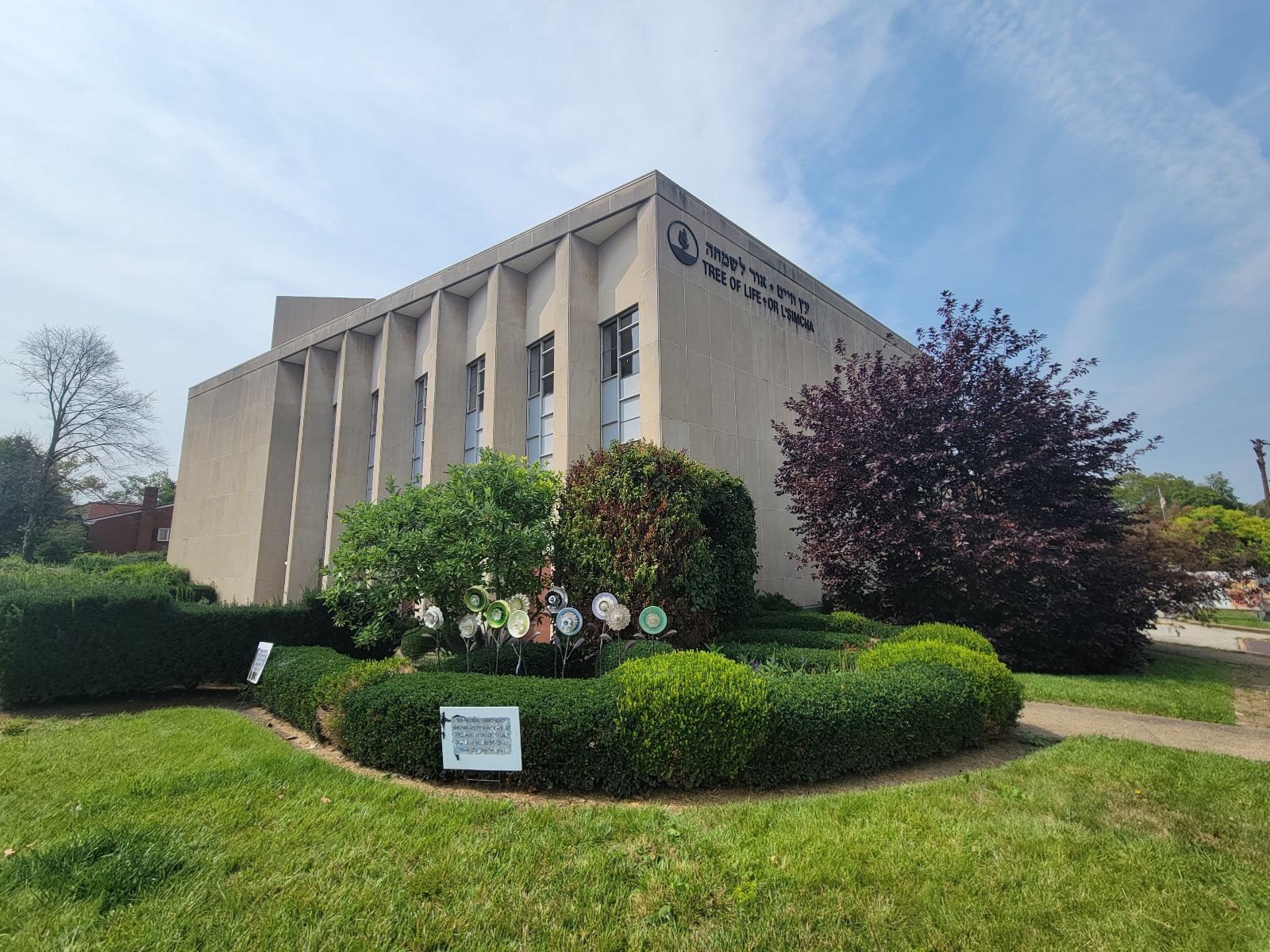
I don’t doubt that you learned of the recent conclusion to the trial for the mass murder at the Tree of Life synagogue, in Pittsburgh. A jury delivered a death penalty sentence for the killing of 11 worshippers in 2018.
At Equal Justice USA, we focus on survivors of violence and trauma in every aspect of our work. I myself am a survivor; my father was the victim of a brutal assault as part of a robbery. He survived with a traumatic brain injury that left him incapacitated and our family devastated.
I cannot imagine what the surviving family members and friends from Pittsburgh have gone through these last years. But my heart goes out to them and I pray for their future healing.
I’m a person of faith, just like the 11 people who lost their lives. I believe deeply in God’s redemptive love. I also believe that the death penalty doesn’t bring people what they need when they are shattered by loss. The desire for revenge is completely natural and understandable, especially when someone you love has been taken from you. But revenge does not heal.
I don’t blame people for hoping that an execution might ease their pain as they navigate such devastating loss. But the reality is that killing of any kind inflicts more pain and more loss — upon families, upon communities — in a nation that is already flooded with it.
We have a long legacy of capital punishment — and its predecessor of racial terror lynchings. That history takes up so much space when extreme violence happens. But I imagine a day when punishment isn’t the sole focus of our criminal legal system. I imagine a day when our instinct in the wake of harm is to prioritize the needs of victims. I imagine a day when the justice we pursue delivers healing, safety, and accountability that repairs everyone affected by harm.
That day isn’t today, but we’re never going to stop working toward the transformational change our system desperately needs. And that requires that we end the death penalty once and for all so we can pursue healing instead of vengeance.



